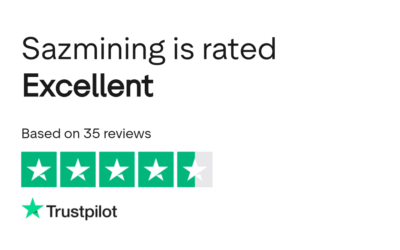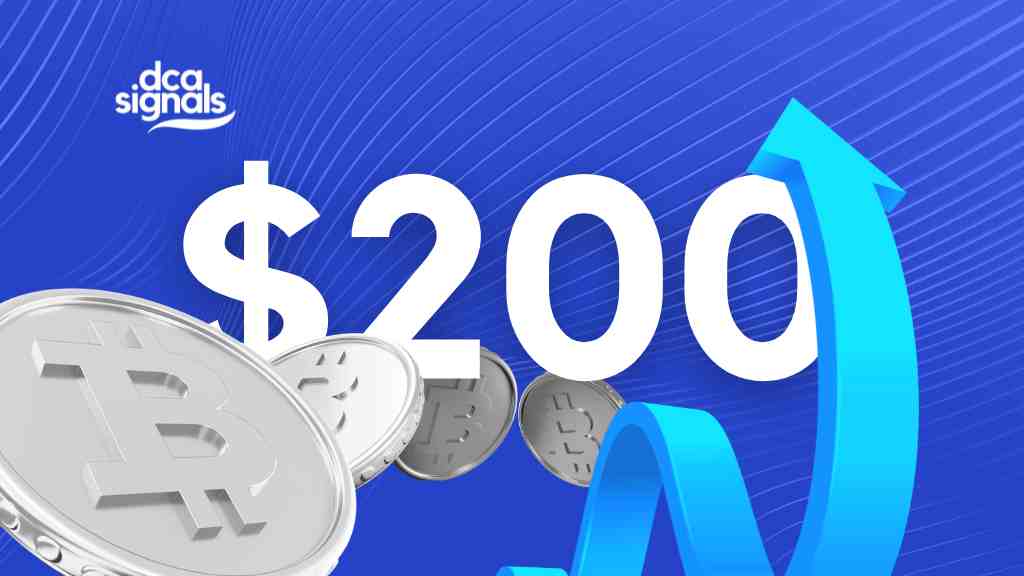Family trusts are an increasingly popular tool for wealth preservation and intergenerational transfer. Proper administration of a family trust is crucial to ensure its objectives are met and legal requirements are fulfilled. In this comprehensive guide, we will explore the key aspects of family trust administration, covering everything from trust setup to ongoing management and distribution of assets.
Índice
Understanding Family Trusts
A family trust is a legal arrangement where a settlor (the person who creates the trust) transfers ownership of their assets to a trustee. The trustee then manages and distributes these assets according to the terms of the trust deed for the benefit of the designated beneficiaries, often the settlor’s family members.Family trusts offer several advantages, including:
- Asset Protection: Transferring assets to a trust can shield them from creditors, lawsuits, and other claims.
- Succession Planning: Trusts can help ensure a smooth transfer of wealth to future generations, bypassing the probate process.
- Tax Efficiency: Trusts can provide tax benefits, such as income tax and estate tax savings.
- Privacy: Trusts can keep the details of asset ownership and distribution private, unlike the public nature of wills and probate.
Setting Up a Family Trust
The process of setting up family trusts typically involves the following steps:
- Selecting a Trustee: The settlor chooses one or more trustees to manage the trust. Trustees can be family members, professional trust companies, or a combination of both.
- Drafting the Trust Deed: The family trusts’ deed is the legal document that outlines the terms and conditions of the trust, including the trust’s purpose, the powers and responsibilities of the trustee, and the rights of the beneficiaries.
- Transferring Assets: The settlor transfers ownership of their assets, such as real estate, investments, or business interests, to the trust.
- Registering the Trust: Depending on the jurisdiction, the trust may need to be registered with the appropriate government authority.
- Obtaining a Tax Identification Number: The trust will need to obtain a unique tax identification number for tax reporting purposes.

Trustee Responsibilities
The trustee is the key figure in the family trusts’ administration, responsible for the overall management and oversight of the trust. The trustee’s primary duties include:
1. Asset Management
- Investing and managing the trust’s assets prudently to preserve and grow the trust’s value.
- Maintaining accurate records of all trust transactions, including income, expenses, and distributions.
- Regularly reviewing and rebalancing the trust’s investment portfolio to align with the trust’s objectives.
2. Beneficiary Management
- Communicating with beneficiaries and providing them with information about the trust’s activities and distributions.
- Ensuring that distributions are made in accordance with the trust deed and the beneficiaries’ needs.
- Addressing any concerns or requests from beneficiaries regarding the trust’s administration.
3. Compliance and Reporting
- Filing all necessary tax returns and ensuring the trust’s compliance with relevant laws and regulations.
- Providing regular (often annual) accountings to the beneficiaries, detailing the trust’s financial activities and asset holdings.
- Maintaining proper documentation and records to support the trust’s activities.
4. Decision-Making
- Making informed decisions that align with the trust’s objectives and the best interests of the beneficiaries.
- Seeking professional advice, such as from attorneys or financial advisors, when necessary to fulfill the trustee’s fiduciary duties.
- Documenting the rationale behind significant decisions made on behalf of the trust.

Ongoing Trust Administration
Effective ongoing administration is crucial for the long-term success of family trusts. This includes the following key responsibilities:
1. Asset Monitoring and Rebalancing
- Regularly reviewing the trust’s investment portfolio to ensure it remains aligned with the trust’s objectives and the beneficiaries’ needs.
- Rebalancing the portfolio as necessary to maintain the desired asset allocation and risk profile.
- Monitoring the performance of any investments and making adjustments as needed.
2. Distributions and Beneficiary Management
- Determining the appropriate distribution amounts and timing based on the trust deed and the beneficiaries’ needs.
- Communicating with beneficiaries regarding distributions and addressing any questions or concerns they may have.
- Maintaining detailed records of all distributions made from the trust.
3. Compliance and Reporting
- Preparing and filing all necessary tax returns, including income tax, estate tax, and any other applicable taxes.
- Providing annual or periodic accountings to the beneficiaries, detailing the trust’s financial activities and asset holdings.
- Ensuring the trust’s compliance with relevant laws and regulations, such as the Uniform Prudent Investor Act or the Uniform Trust Code.
4. Trust Amendments and Modifications
- Reviewing the trust deed periodically to ensure it remains aligned with the settlor’s intentions and the beneficiaries’ needs.
- Initiating any necessary amendments or modifications to the trust, in accordance with the trust deed and applicable laws.
- Obtaining court approval for any significant changes to the trust, if required.
Outsourcing Trust Administration
For many families, the complexities of trust administration can be overwhelming. In such cases, outsourcing some or all of the trust administration responsibilities to a professional trust administration service can be a viable option. These services typically include:
- Trust Setup and Registration: Assisting with the initial establishment of the trust, including drafting the trust deed and registering the trust with the appropriate authorities.
- Asset Management: Overseeing the investment and management of the trust’s assets, including portfolio monitoring and rebalancing.
- Beneficiary Management: Communicating with beneficiaries, processing distribution requests, and addressing any concerns or questions.
- Compliance and Reporting: Preparing and filing all necessary tax returns, providing regular accountings to beneficiaries, and ensuring the trust’s compliance with relevant laws and regulations.
- Trust Amendments and Modifications: Advising on and facilitating any necessary changes to the trust deed or structure.
Outsourcing trust administration to a professional service can provide several benefits, such as:
- Expertise and Experience: Professional trust administrators have the specialized knowledge and resources to effectively manage the trust’s affairs.
- Time Savings: Delegating trust administration tasks to a third-party service can free up the trustee’s time to focus on other responsibilities.
- Objectivity: Professional trust administrators can provide an impartial, third-party perspective on trust-related decisions.
- Reduced Liability: Engaging a professional trust administration service can help mitigate the trustee’s personal liability for the trust’s management.
Conclusión
Effective family trust administration is essential for ensuring the long-term success and preservation of a family’s wealth. By understanding the key responsibilities of trustees, implementing robust administrative processes, and considering the benefits of outsourcing trust administration, families can ensure their family trust achieves its intended objectives and provides lasting benefits for generations to come.









